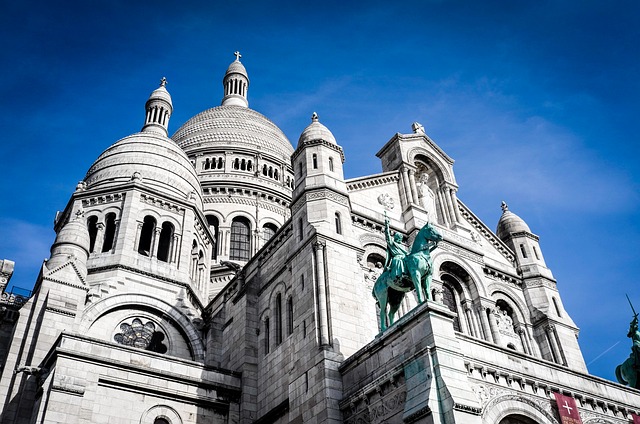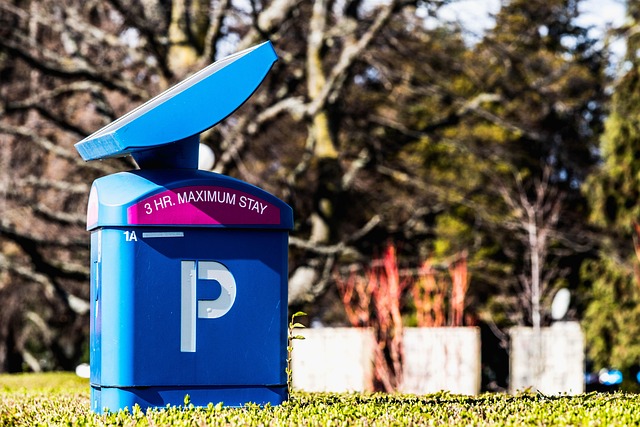Discovering the Soul of Public Spaces Through Köztéri Művészet
When we walk through parks, plazas, or bustling city streets, our eyes often catch unexpected moments of inspiration — a striking statue, a dynamic installation, or a thought-provoking sculpture. This is the magic of köztéri művészet, or public art, an artistic expression that transcends the traditional confines of galleries and invites everyone to engage with creativity in their daily lives.
The Transformative Power of Public Sculpture
Köztéri művészet doesn’t merely decorate urban landscapes; it immerses the community in a dialogue that bridges history, culture, and emotion. Sculptures placed openly in public settings become landmarks and meeting points, imbued with stories that reflect collective values and individual memories. From grand monuments honoring cultural heroes to abstract forms sparking contemplation, these works make art accessible and immediate.
Engagement Beyond the Frame
Unlike traditional sculpture, which is often viewed from a distance in controlled environments, public art invites tactile exploration and intimate interaction. Passersby can touch, walk around, and experience the work from multiple perspectives, leading to a more personal connection. This openness challenges the artist to consider not just form and technique but also context, environment, and community impact.
Köztéri Művészet as an Expression of Cultural Identity
Every piece of köztéri művészet holds a mirror to the culture it inhabits. Whether commemorating historical events, celebrating everyday life, or prompting social reflection, these sculptures become symbols that embody the spirit of their surroundings. They encourage us to pause and appreciate the layers of history and diversity that compose our urban fabric.
Inspiring Future Generations Through Visible Creativity
Placing art where everyone can see it fosters an environment where creativity is normalized and encouraged. Children grow up intrigued by shapes and stories; artists gain fresh inspiration from public feedback, blurring the lines between creator and audience. Such accessibility nurtures a vibrant cultural ecosystem that continuously evolves through shared experience.
Köztéri művészet reminds us that art’s greatest power lies in its connection to people and place. Sculptures in public spaces do more than fill emptiness — they infuse life, provoke thought, and cultivate community, shaping our environments into something remarkable and meaningful.



